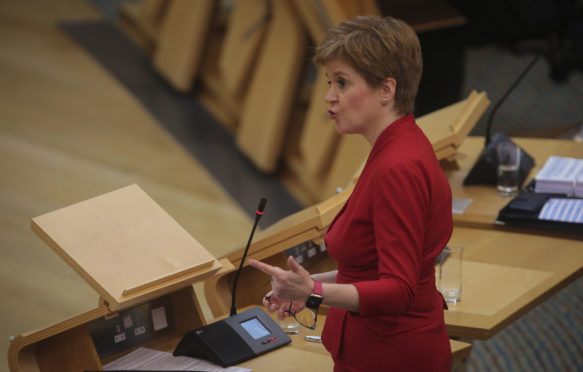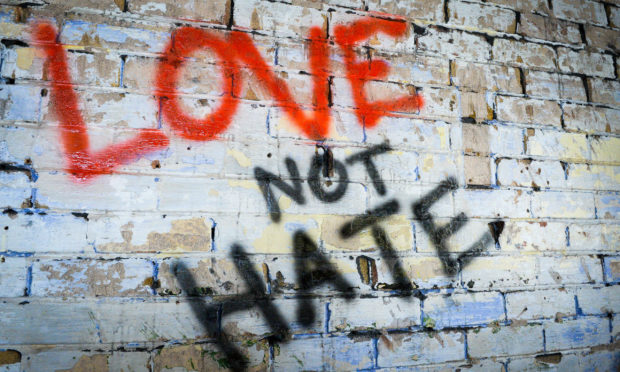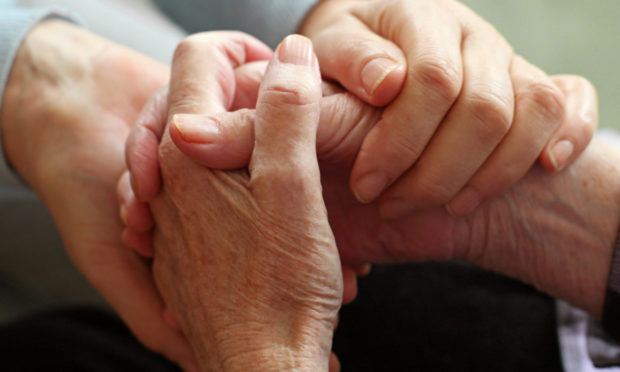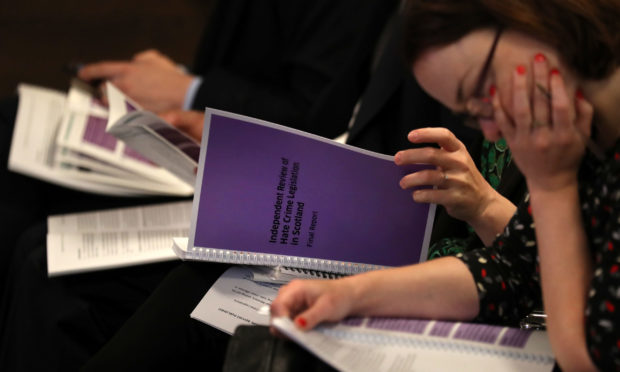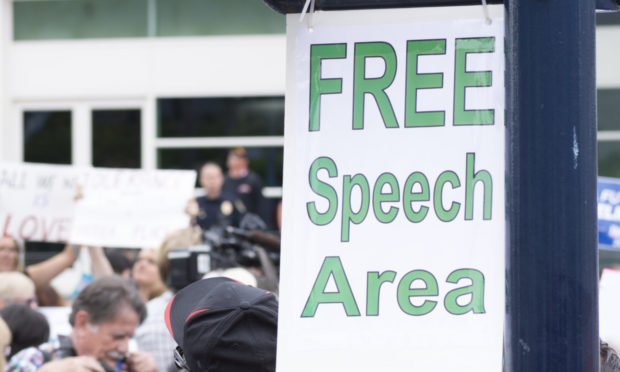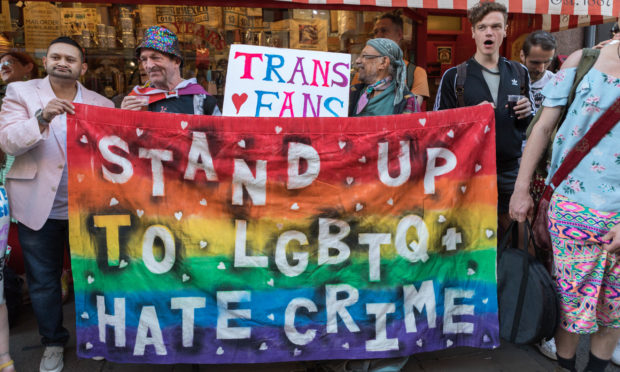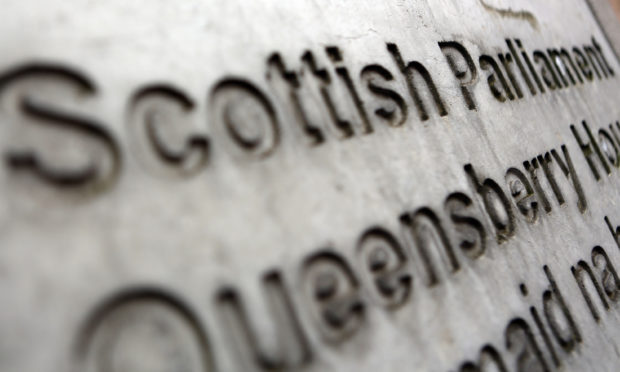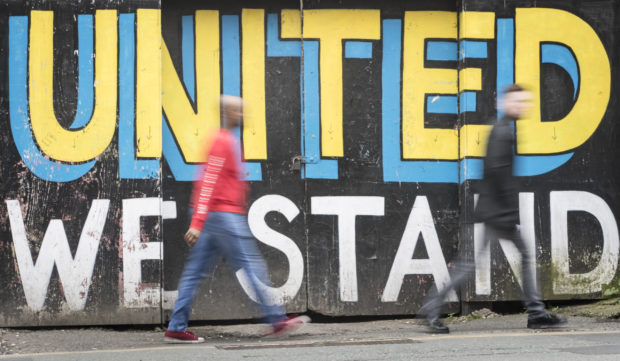The First Minister has pledged the Scottish Government will “carefully” consider concerns raised in response to controversial new hate crime laws.
The Hate Crime Bill has split opinion across Scotland since it was introduced to the Scottish Parliament in April.
Nicola Sturgeon was quizzed on the draft laws by Labour MSP James Kelly, who cited fears the bill is an “attack on free speech”.
The First Minister said the bill seeks to “find a balance between those that do suffer the scourge of hate crime while also respecting people’s freedom of speech and expression”.
However, the proposed legislation has come under fire from a diverse range of voices from across Scottish public life, including the Law Society of Scotland, the Scottish Police Federation and the Scotland’s Catholic Bishops.
Criticism of the bill centres on its second part ,which includes expansion of the ‘stirring up hatred’ offence, to cover not just race, as has been the case for decades, but also six other protected groups, including religion.
Mr Kelly said while action on hate crime is “welcome and important”, he believes the stirring up hatred offence has to be “deleted in full or amended heavily”.
In response, Ms Sturgeon said nobody should go into the legislative process with a “closed mind”, including opposition members of the parliament, and acknowledged this will include deciding whether amendments are required to the proposed legislation.
Speaking during First Minister’s Questions on Wednesday, she added: “I hear the concerns that have been expressed and the government will consider all of them carefully.
“That said, the concept of stirring up hatred offence is not new to Scots law. There have been long-standing stirring up racial hatred offences operating effectively in Scotland since, I think, the mid-1980s.
“The bill also includes explicit provisions for freedom of expression and the bill’s interpreted in accordance with the European Convention on Human Rights.
“Hate crime is a real problem in Scotland and all of us have a duty to tackle it and that is wider than legal ways of tackling it but it certainly has to include that.”
I hear the concerns that have been expressed and the government will consider all of them carefully.”
First Minister Nicola Sturgeon
Free speech campaigners have welcomed the First Minister’s commitment to respond to concerns over the bill and called on the Scottish Government to “take action at this early stage”.
James Gillies, spokesman for the Free to Disagree campaign, who have written to Justice Secretary Humza Yousaf, urging him to scrap the controversial elements of the draft legislation, said: “The First Minister’s commitment to listen and respond to concerns, including by amendments to the bill, is welcome.
“Last week Justice Secretary Humza Yousaf struck a similar tone when asked about the proposals.
“The key question now is exactly what the government’s response will look like.
“In the last four months, numerous groups including lawyers, police officers, academics, faith groups and actors have poured scorn on the ‘stirring up’ provisions in part two of the bill.
“It is our view, and the view of many others in Scottish society, that the best way to address these concerns would be to withdraw the ‘stirring up’ provisions altogether. Doing so would ensure the protection of free speech and clarity in the criminal law.”
